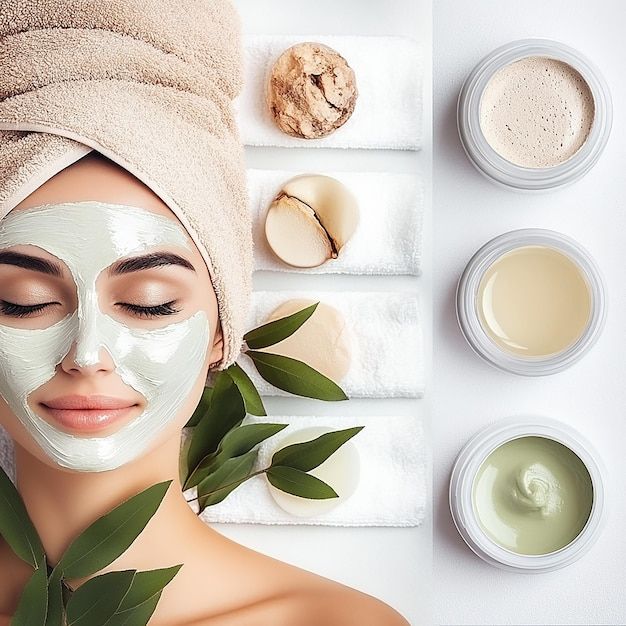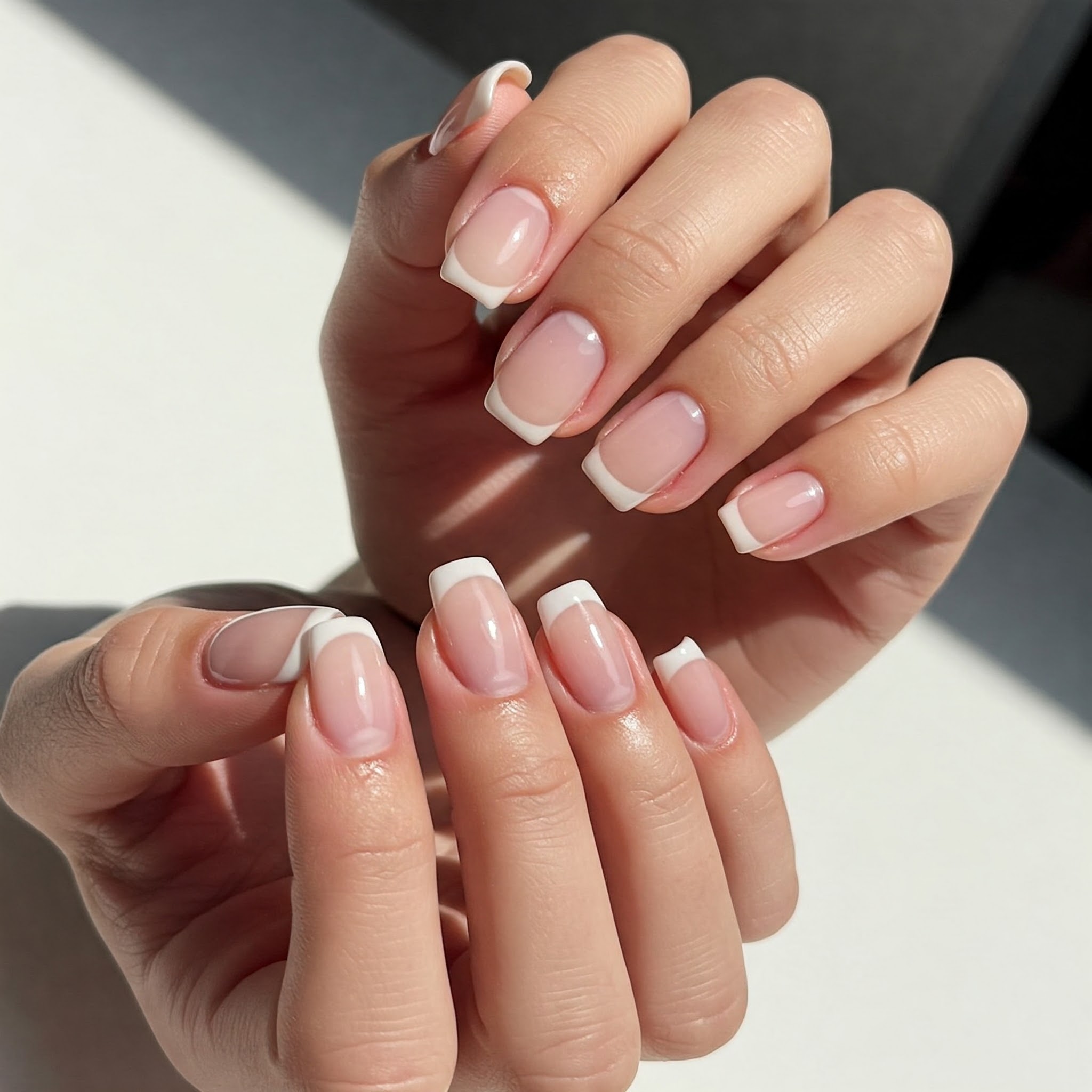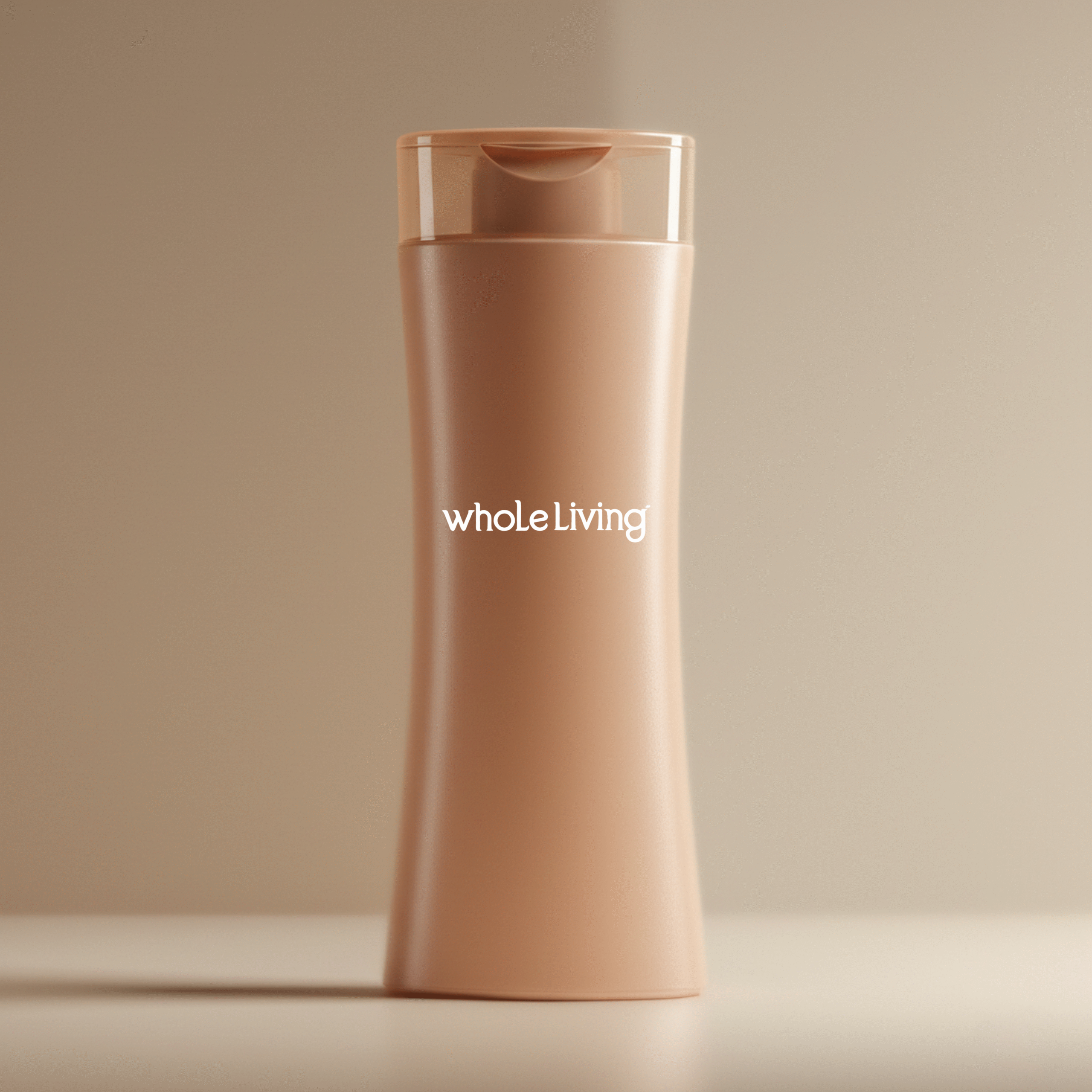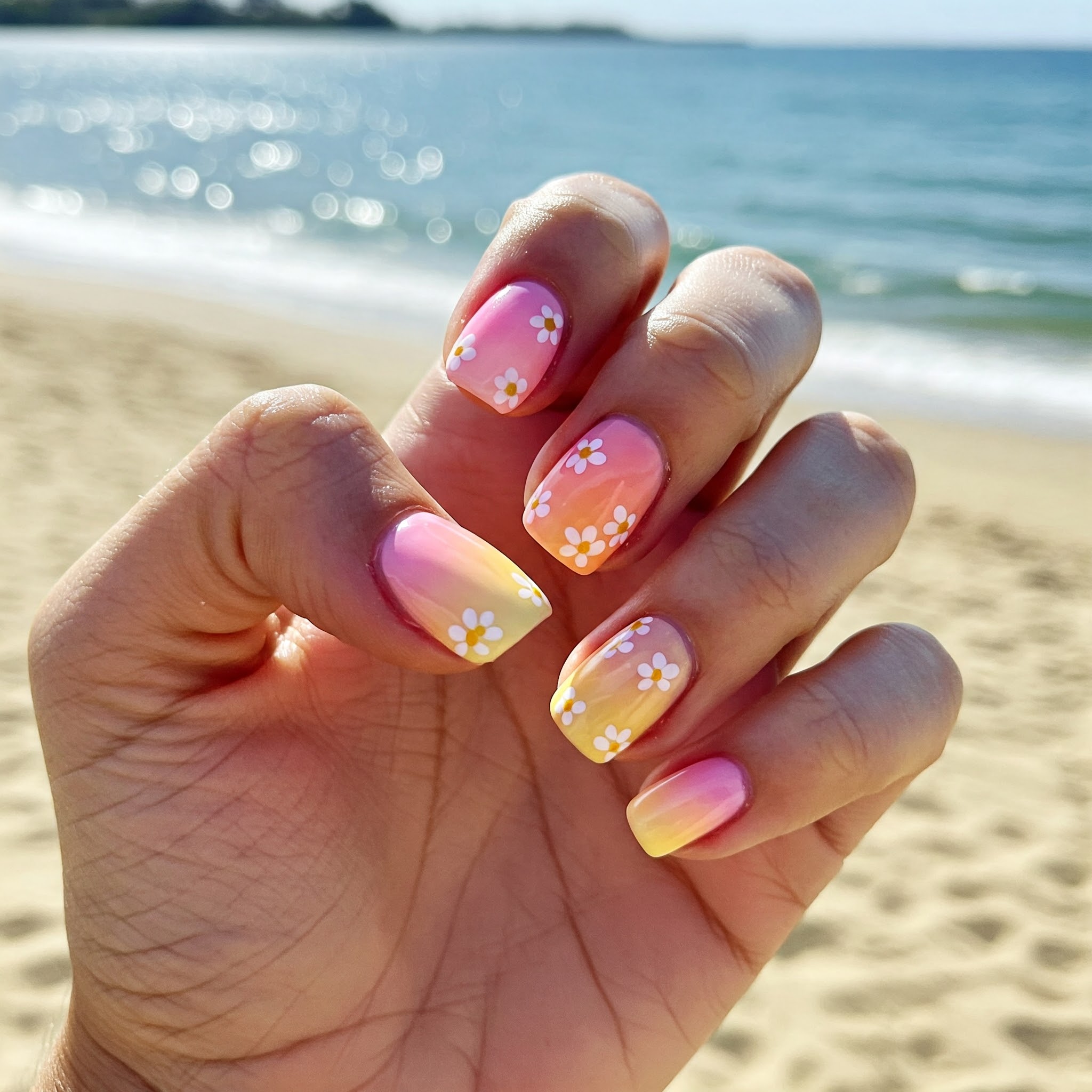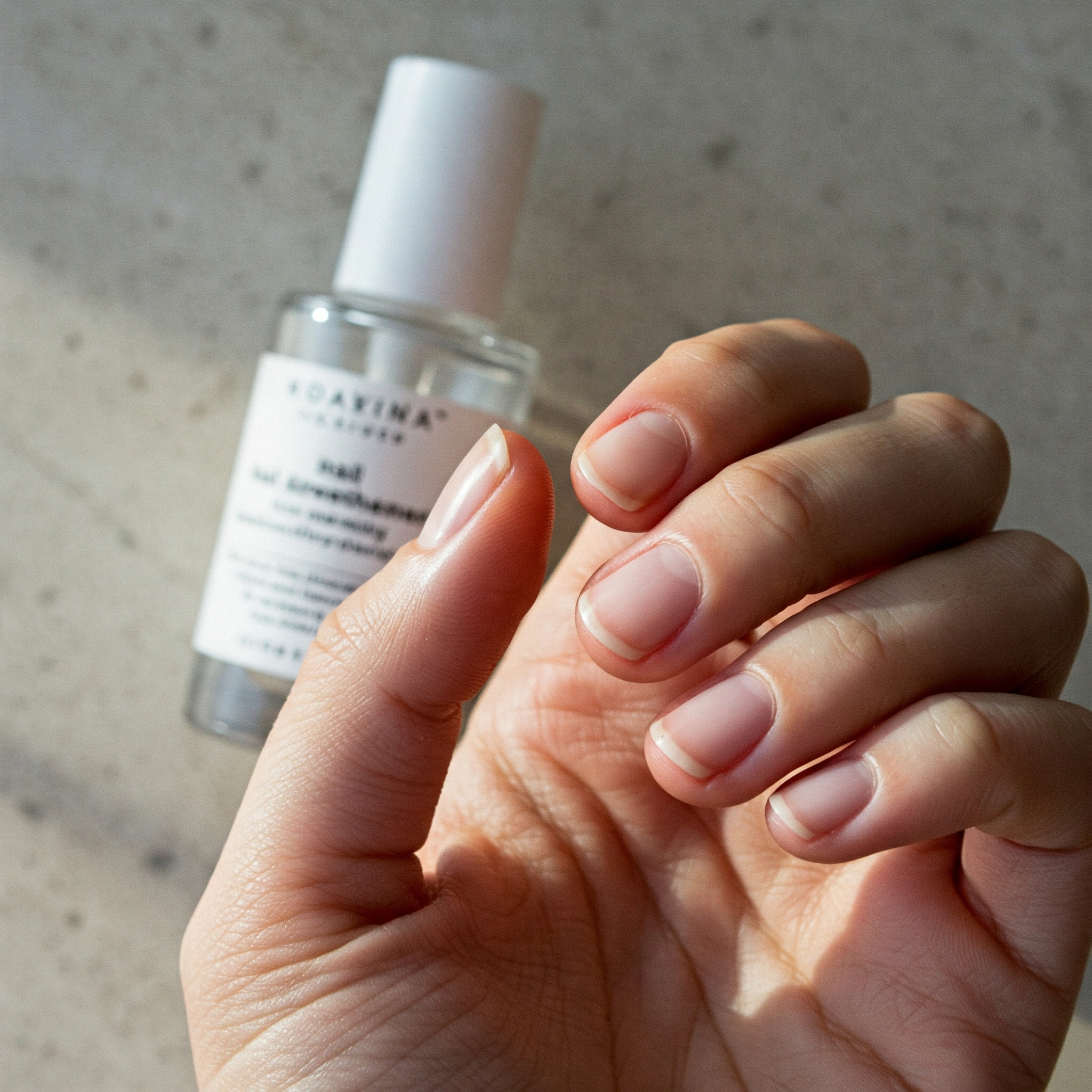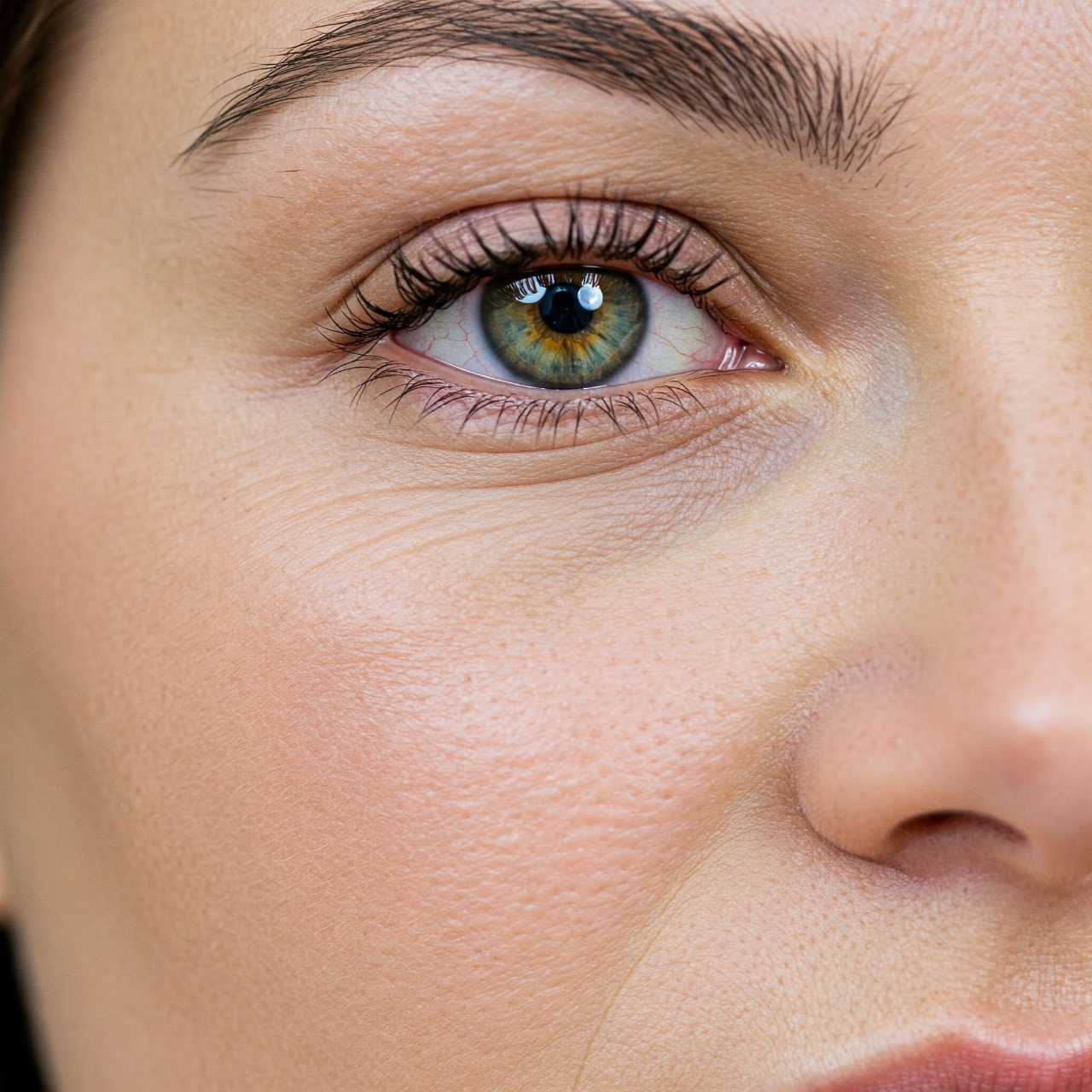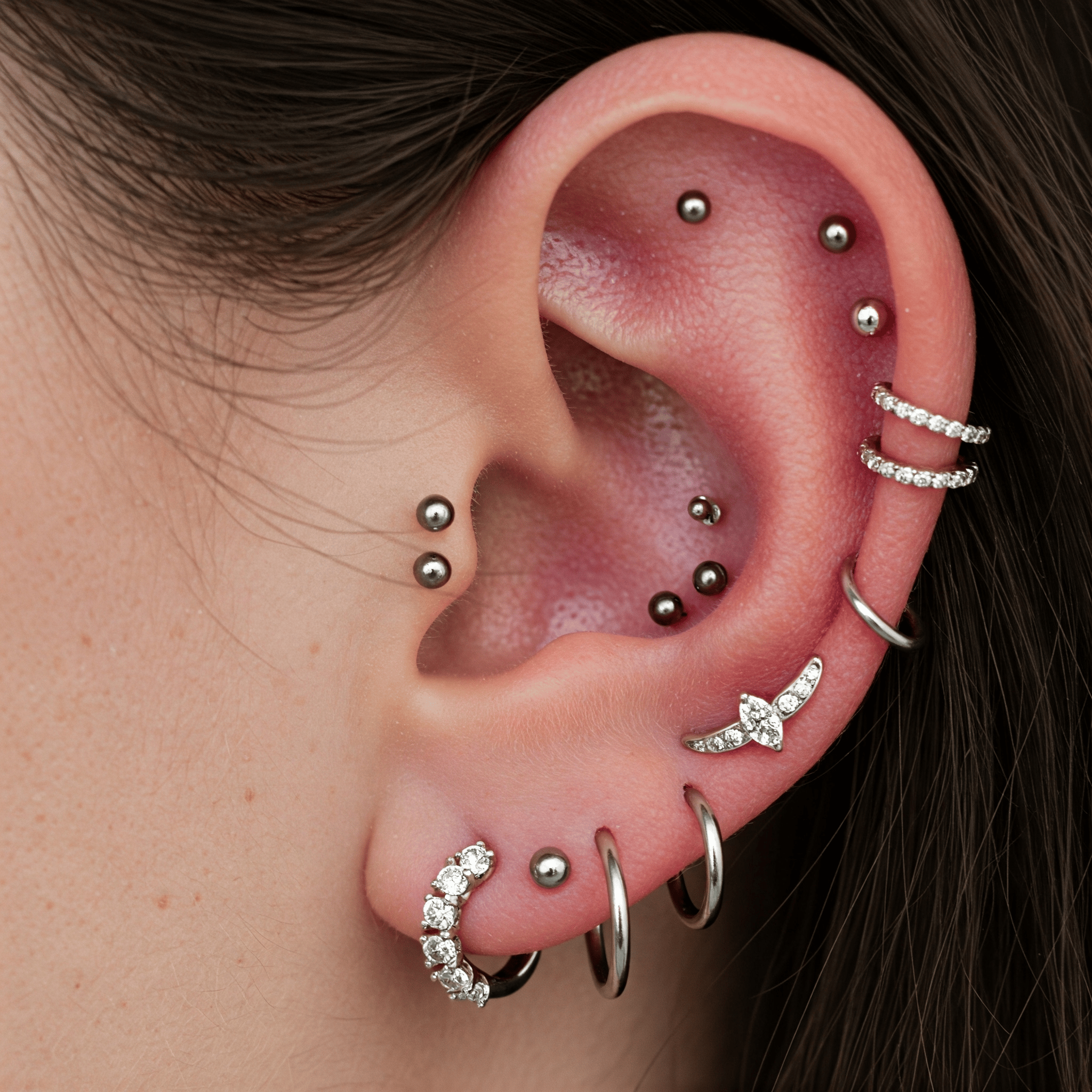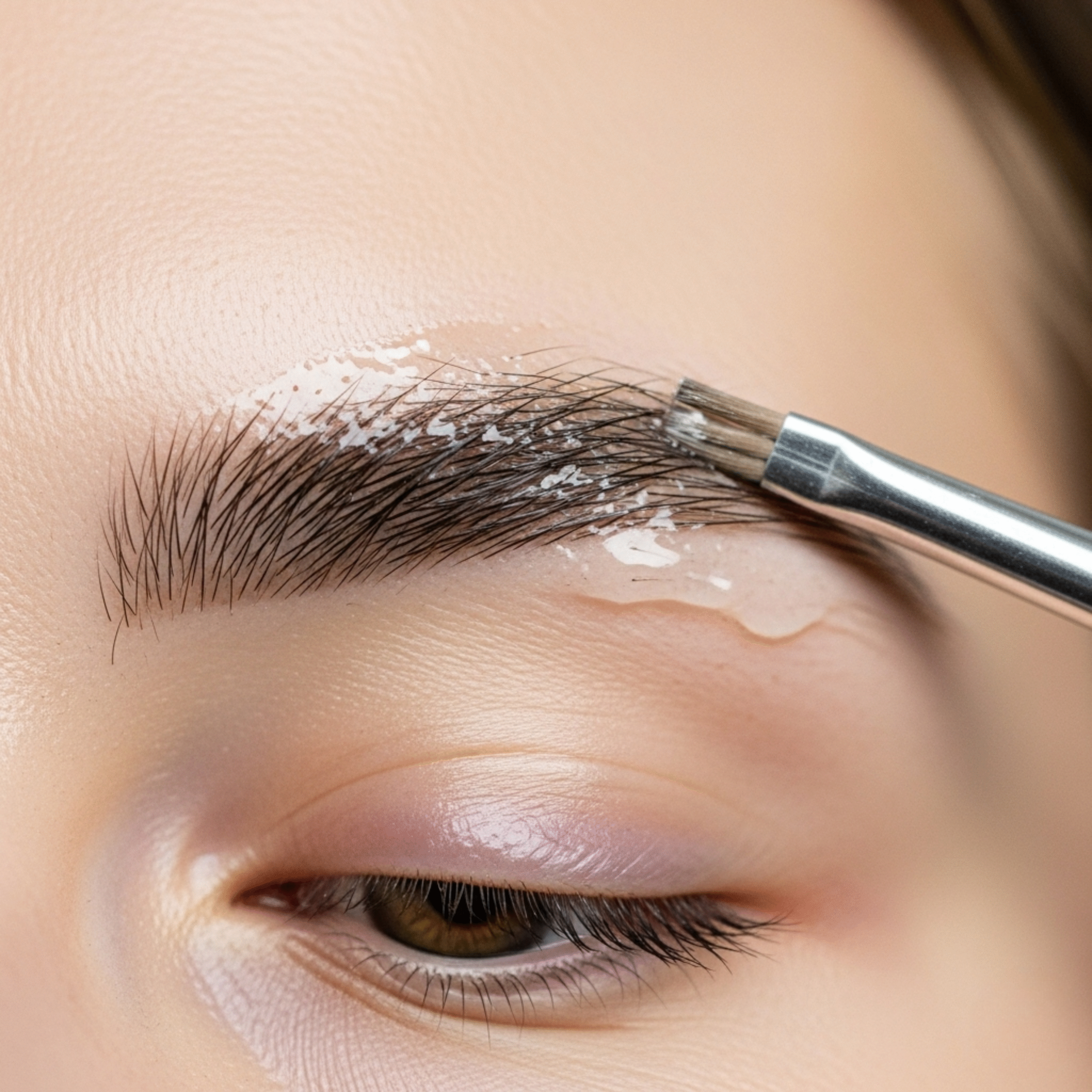In This Article
Retinol cream has become a must-have in many skincare routines—and for good reason. Whether you're tackling acne scars, fine lines and wrinkles, or an uneven skin tone, this vitamin A-derived ingredient delivers noticeable results. But while the benefits of retinol are hard to ignore, using it the wrong way—especially if you have sensitive skin or dry skin—can lead to irritation and setbacks.

In this article, we’ll break down what retinol cream does, how to use it safely, and what ingredients to pair it with for optimal results.
What Is Retinol Cream?
Retinol is a form of topical retinoid known for its powerful anti-aging and skin-renewing properties. Found in many retinol products, it stimulates skin cell turnover, helping remove dead skin cells, smooth skin texture, and promote even skin tone.
It’s also widely used in:
- Anti-aging treatments for fine lines, deep wrinkles, and skin firmness
- Acne-fighting regimens for acne-prone skin and enlarged pores
- Brightening solutions to lighten dark spots and improve skin tone and texture
Benefits of Retinol Cream

- Improves Skin Texture & Tone
Regular use enhances skin smoothness and refines texture by accelerating skin turnover. - Reduces Signs of Aging
Retinol boosts collagen production, helping reduce the appearance of fine lines and wrinkles and firm aging skin. - Fades Dark Spots & Acne Scars
It helps lighten dark spots and fade acne scars, giving the skin a more even tone. - Unclogs Pores & Prevents Breakouts
By clearing out dead skin and oil, retinol helps manage acne-prone and combination skin. - Visibly Smoothes Skin Over Time
With continued use, you’ll notice visible improvement in the overall clarity and smoothness of your skin.
Is Retinol Cream Safe for All Skin Types?
Yes—but with the right formulation and approach. People with dry or sensitive skin must be particularly careful, as retinol can cause skin irritation, redness, or peeling when used incorrectly.
Look for gentle, hydrating formulas that include:
- Hyaluronic acid or sodium hyaluronate to keep skin hydrated
- Jojoba esters, shea butter, and seed oil to nourish skin
- Soothing agents like vitamin E and linoleic acid to support the skin barrier
Avoid mixing with strong chemical exfoliants like:
- Glycolic acid
- Salicylic acid
- Alpha hydroxy acids
- Citric acid
These can make your skin more reactive and heighten sensitivity.
How to Use a Retinol Night Cream the Right Way
A well-formulated retinol night cream can transform your skincare routine—but using it correctly is crucial.
Best Practices:
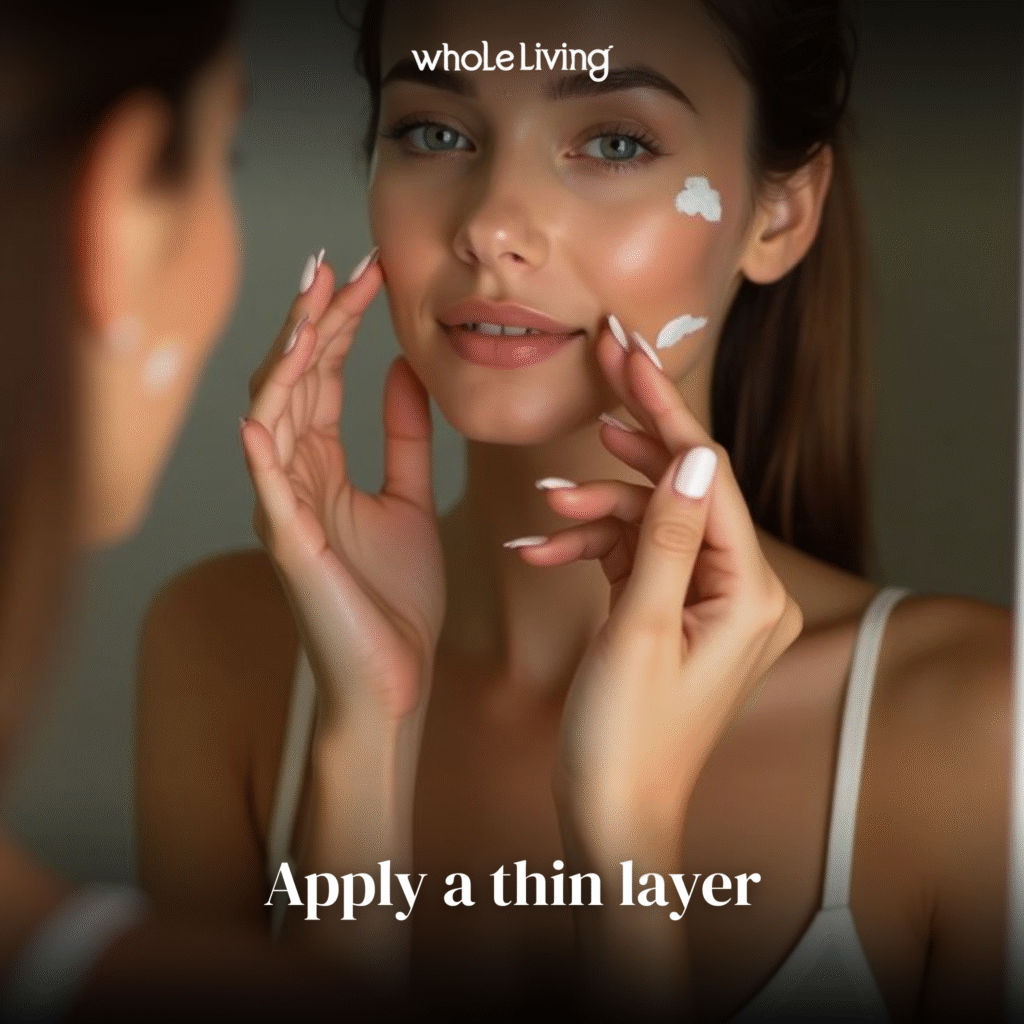
- Start Slow: Use a thin layer of retinol just 2–3 nights per week.
- Choose the Right Concentration: Begin with a low retinol concentration to reduce the risk of irritating skin.
- Use a Moisturizer: Apply a facial moisturizer with nourishing ingredients after your retinol to minimize irritation and maintain hydration.
- Avoid Sun Exposure: Only use retinol at night, and apply SPF daily to protect your skin.
- Look for Encapsulated Retinol: This form of retinol treatment offers a slow-release mechanism, perfect for sensitive skin or skin conditions like rosacea or eczema.
Key Ingredients in the Best Retinol Creams
When choosing a retinol cream, look for a blend of active ingredients that balance performance with gentleness:
| Ingredient | Purpose |
|---|---|
| Encapsulated Retinol | Reduces irritation, gradual absorption |
| Hyaluronic Acid | Hydrates and plumps the skin |
| Vitamin E | Calms skin and supports the barrier |
| Sodium Hydroxide | Balances pH |
| Ferulic Acid | Antioxidant protection |
| Stearic, Cetyl, Cetearyl Alcohol | Emollients that soften without clogging pores |
| Light Texture Base | Prevents sticky residue, good for layering |
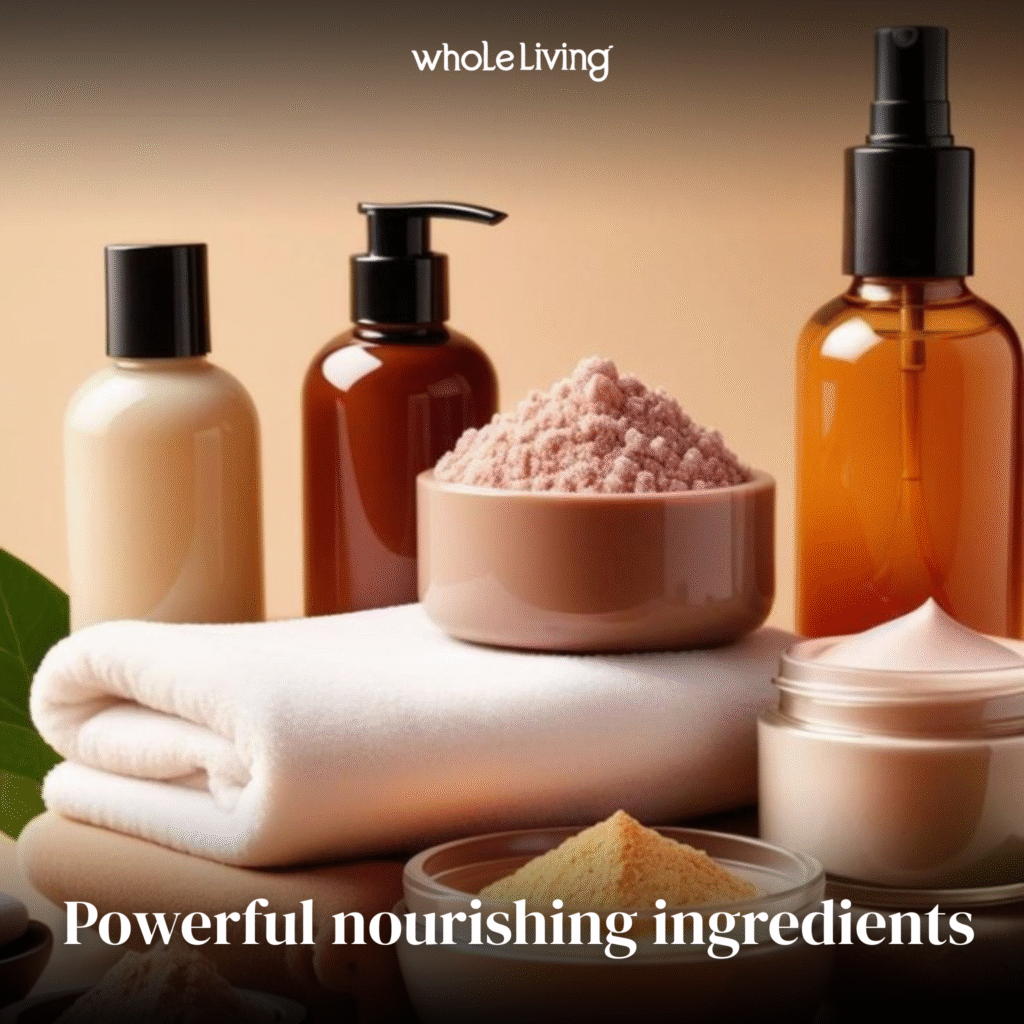
Common Mistakes to Avoid
- Using retinol nightly from the start
- Applying retinol to damp skin (increases absorption, heightening irritation)
- Combining with strong acids or exfoliants on the same night
- Skipping sunscreen during the day
- Applying to areas with active skin irritation or broken barrier
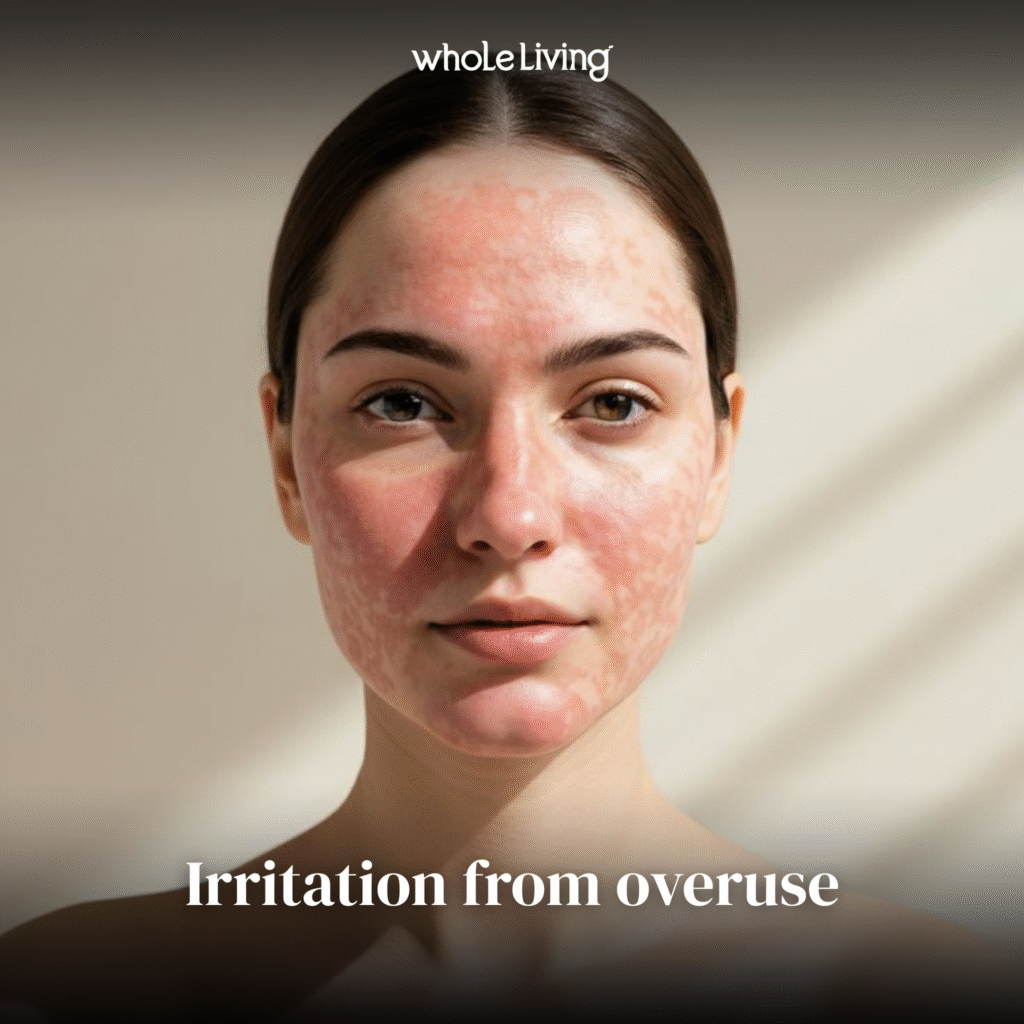
Who Should Use Retinol Cream?
Retinol is suitable for:
- Acne-prone skin looking to unclog pores
- Aging skin targeting fine lines and wrinkles
- Combination skin needing balance and clarity
- Those with uneven skin tone or dark spots
If you're new to retinoids or have dry skin, opt for a night cream that includes nourishing oils, a light texture, and barrier-repairing ingredients.
Final Thoughts

Retinol cream is a powerhouse in skin care, with the ability to rejuvenate, correct, and protect. Whether you're aiming to reduce skin aging, enhance skin tone, or improve skin texture, there’s a retinol product tailored to your needs.
The key is to introduce it slowly, choose a formula suited to your skin type, and always support it with hydrating and soothing ingredients. Over time, you'll notice visible improvement—without the drawbacks of irritating skin or unnecessary dryness.






